Elizabeth Carr, who became the first baby in the United States to be born through in vitro fertilization in 1981, penned an impassioned essay condemning a recent Alabama Supreme Court decision that labeled frozen embryos as legally equivalent to "children."
The ruling, which allows couples to sue for "wrongful death" in cases of destroyed frozen embryos, has raised significant questions about the legal and ethical implications surrounding reproductive health.
In an essay for WBUR-FM, Boston's NPR station, Carr noted that the ruling "was clearly written without a true understanding of the IVF procedure and a total disregard for the science of assisted reproductive technology."
She added:
“No one understands better than the infertility community that embryos are not children. Success in IVF means bringing home a baby, not solely creating embryos. The latter is simply one of many complicated steps one has to take in order to even have a chance of having a live birth."
Carr pointed out that "One in six people of reproductive age are impacted by infertility globally" and that about 8 million births in the U.S. annually are the result of IVF, a procedure that is also "used for a variety of reasons, including fertility loss after cancer treatment, a desire to delay having children, military deployments and the ability to screen for devastating genetic diseases."
She emphasized that IVF is an intricate multi-step procedure, involving hormone injections, egg retrieval, and embryo transfer. Additionally, it requires considerable financial resources, precise timing, coordination with scientific processes, and meticulous scheduling.
Carr also expressed concern that the court's decision has heightened the obstacles for Alabamians seeking to have an IVF baby in 2024 compared to the conditions her parents faced in 1981. She stressed that science "should move us forward, not backward."
She concluded:
"At its core, IVF is a miracle of modern medicine and a fulfillment of unwavering hope. The events we’ve seen unfold in recent days, however, have been motivated by fear — fear of prosecution of clinics and doctors, and fear of what might happen if embryos are transported across state lines." ...
"As I navigate these uncertain times, I remain steadfast in my belief that the power of science, coupled with compassionate legislation, will pave the way for a future where the dreams of parenthood through IVF are safeguarded, cherished and celebrated."
Many expressed their own frustrations with the ruling and condemned the GOP.
Following the court's decision, the University of Alabama at Birmingham health system took a significant step by pausing its Division of Reproductive Endocrinology and Infertility services. Concerns about potential criminal prosecution and punitive damages have led to the suspension of IVF treatments in various Alabama fertility clinics.
Alabama Supreme Court Chief Justice Tom Parker has contended that America was explicitly established as a Christian nation and lamented the perceived loss of government control by conservative Christians.
Parker said, “God created government, and the fact that we have let it go into the possession of others, it’s heartbreaking." His remarks came after he issued a concurring opinion in the case where he and fellow justices ruled that frozen embryos possess the same rights as living children under Alabama's Wrongful Death of a Minor Act.

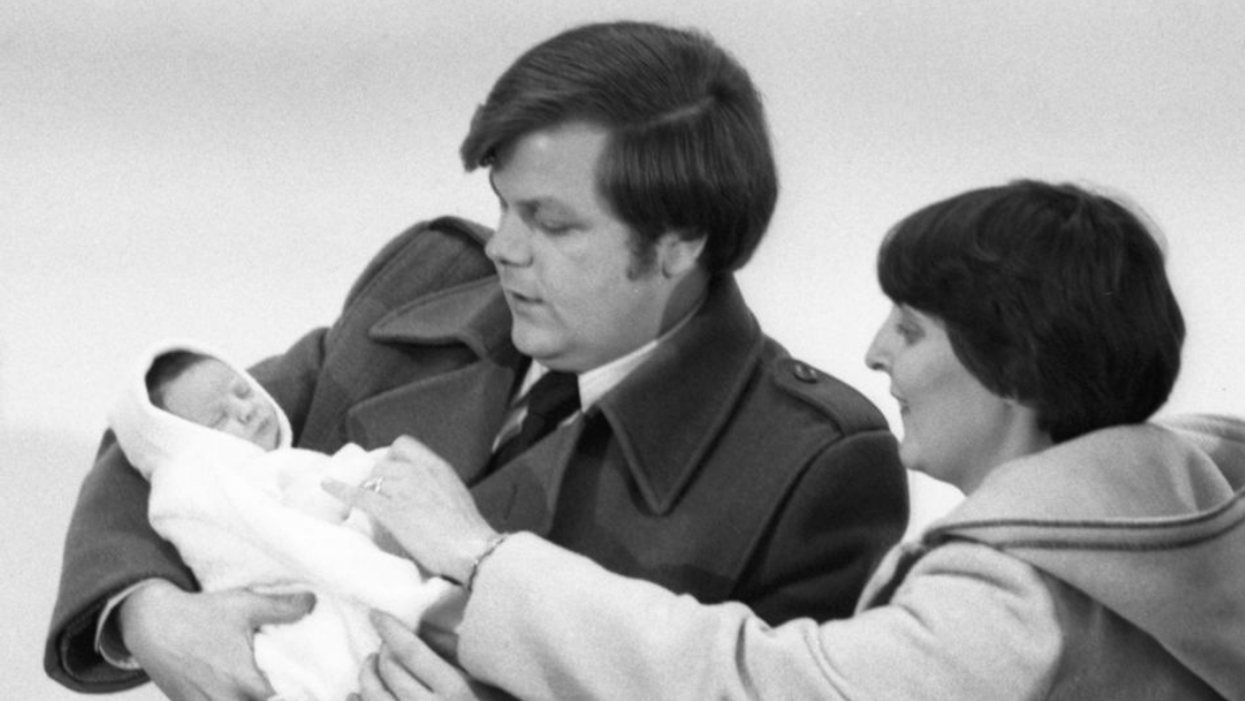





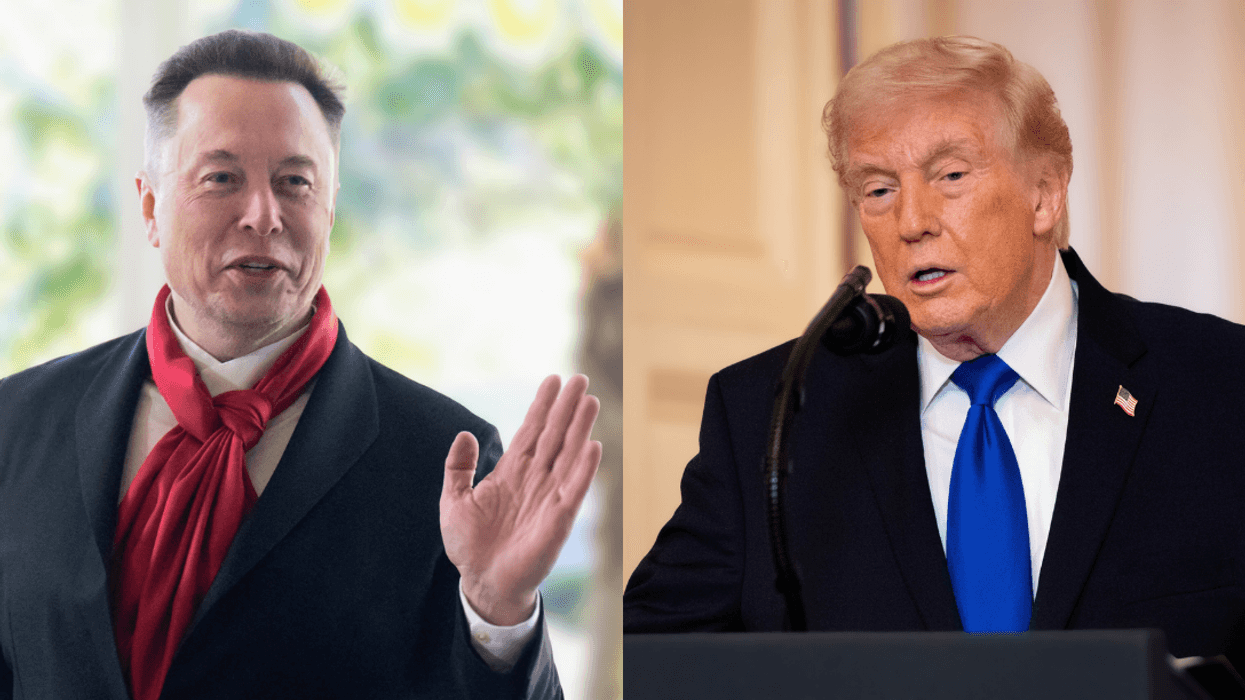
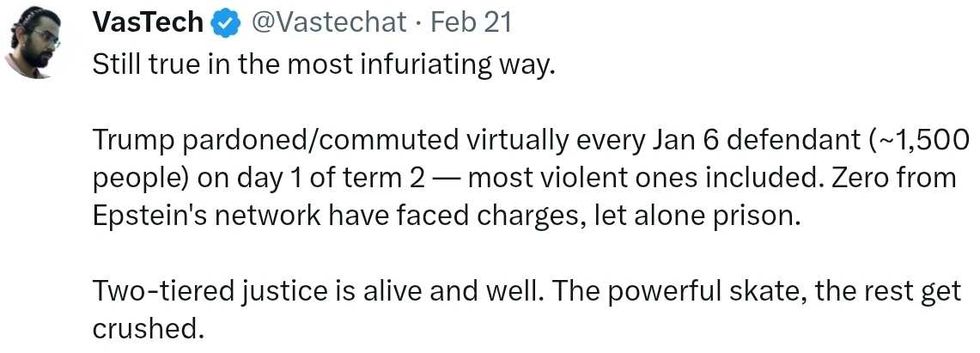 reply to @elonmusk/X
reply to @elonmusk/X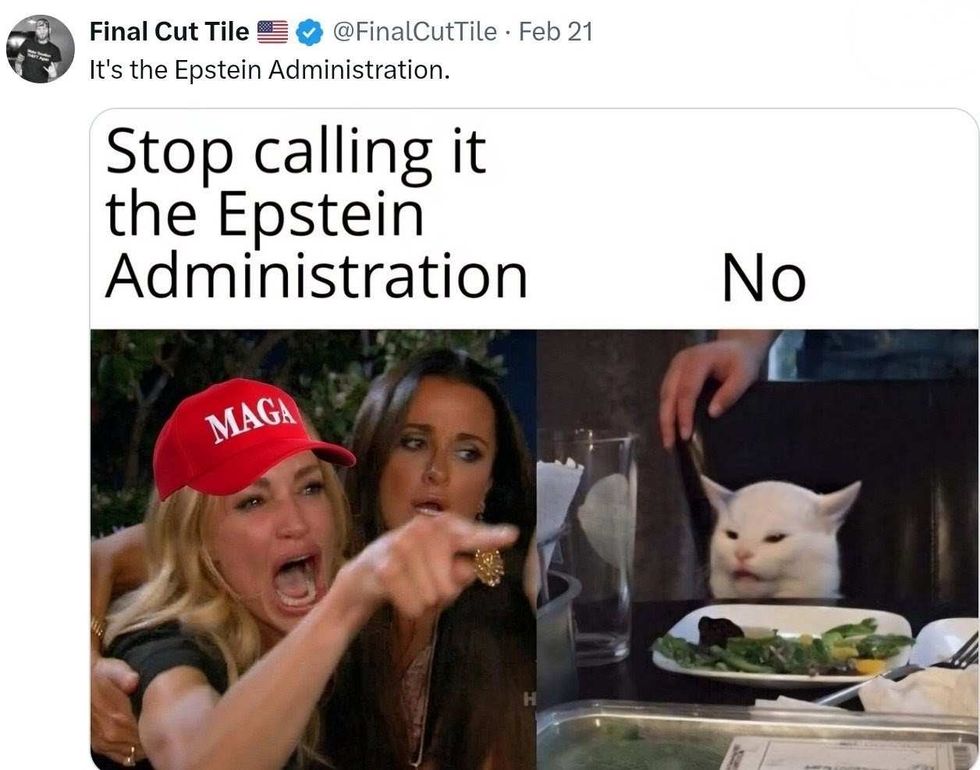 reply to @elonmusk/X
reply to @elonmusk/X reply to @elonmusk/X
reply to @elonmusk/X reply to @elonmusk/X
reply to @elonmusk/X reply to @elonmusk/X
reply to @elonmusk/X reply to @elonmusk/X
reply to @elonmusk/X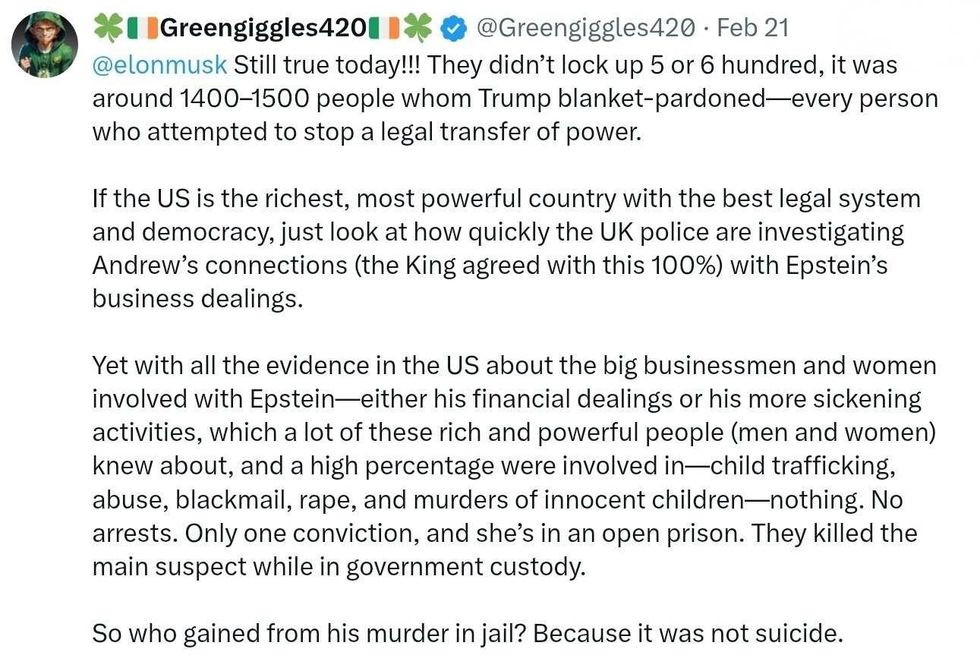 reply to @elonmusk/X
reply to @elonmusk/X




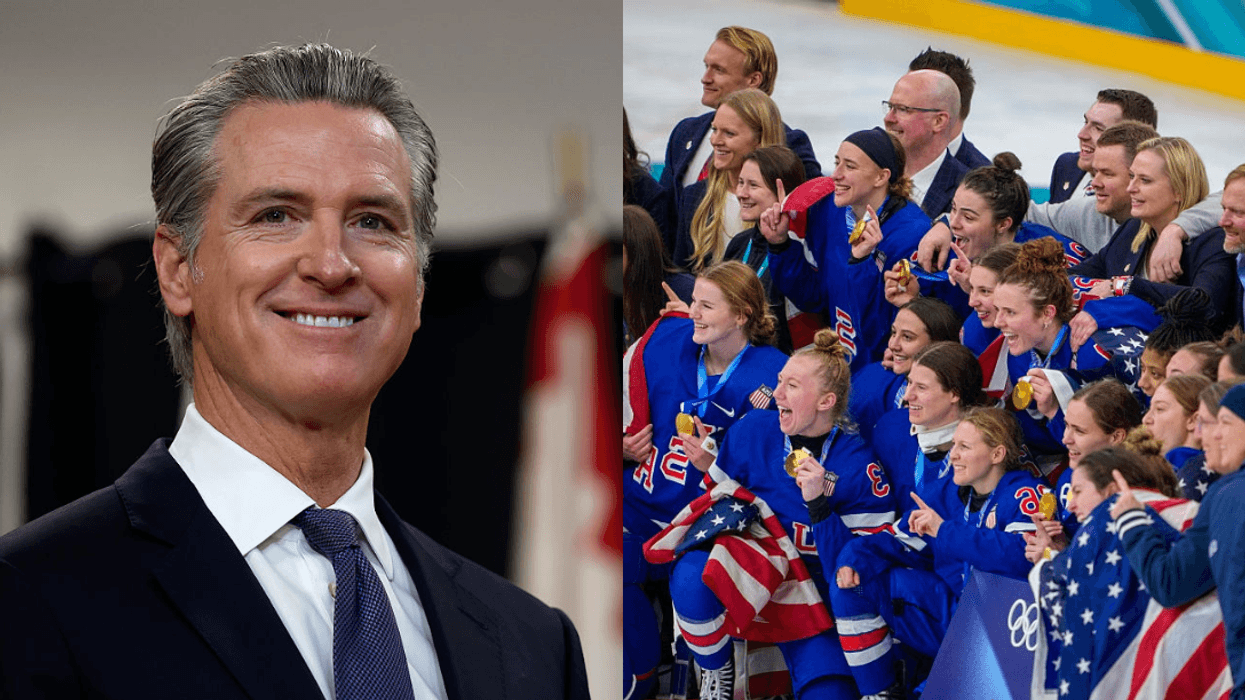
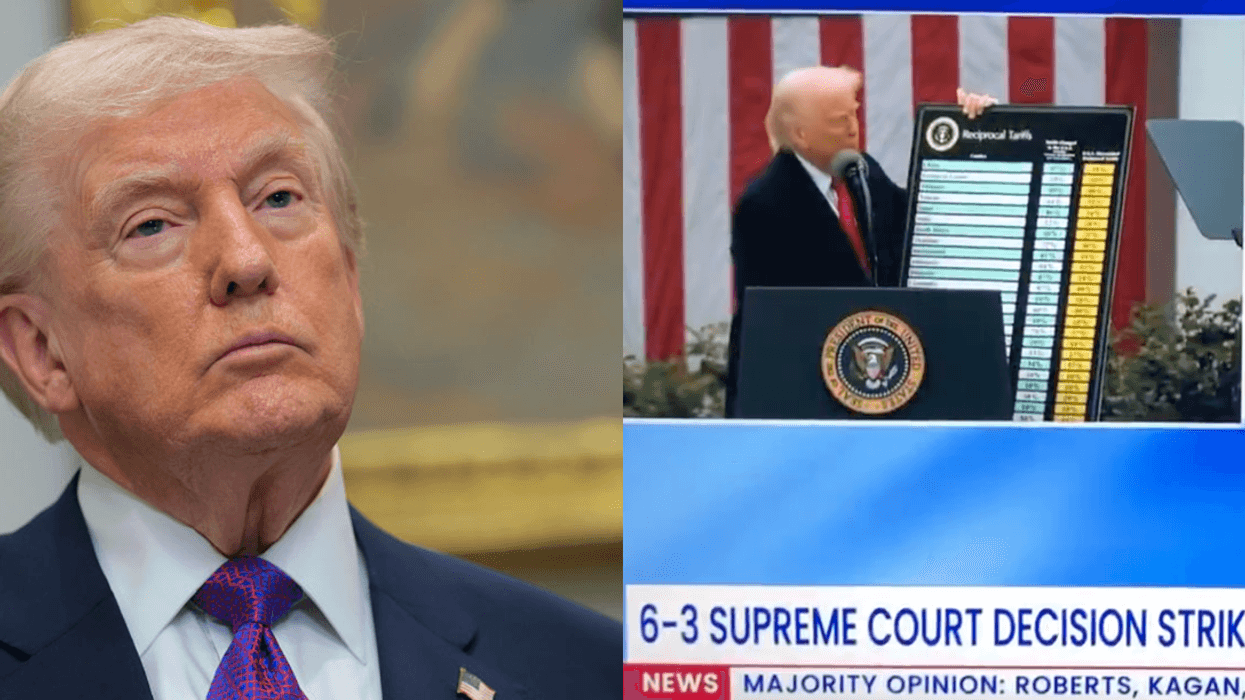

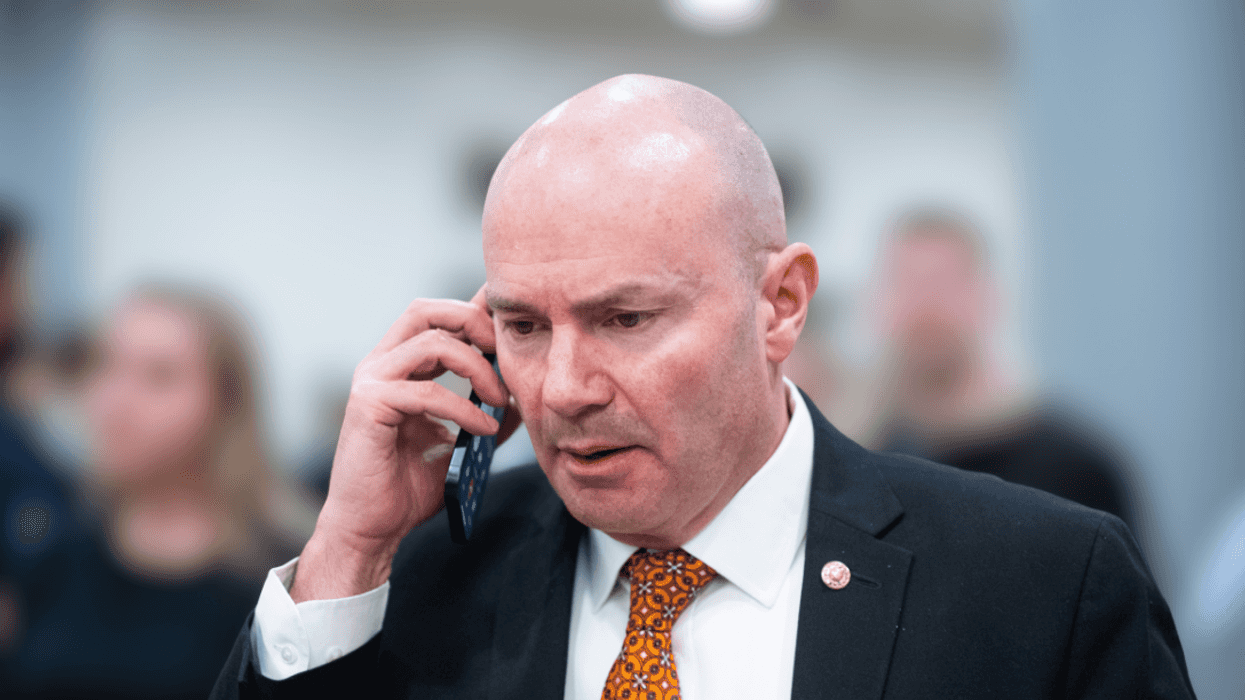
 @BasedMikeLee/X
@BasedMikeLee/X @ChrisMurphyCT/X
@ChrisMurphyCT/X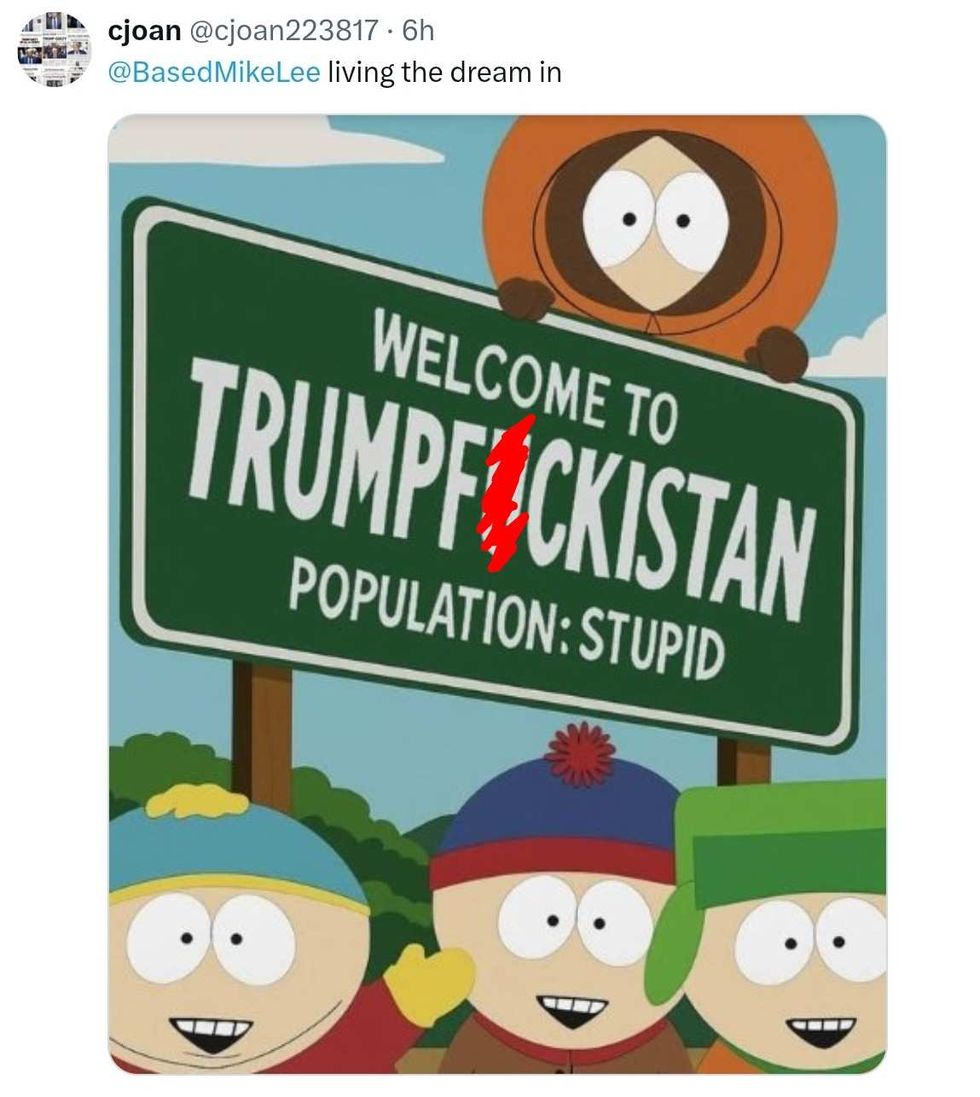 @cjoan223817
@cjoan223817

 @wideofthepost/X
@wideofthepost/X @mrmikebones/X
@mrmikebones/X @USA_Polling/X
@USA_Polling/X